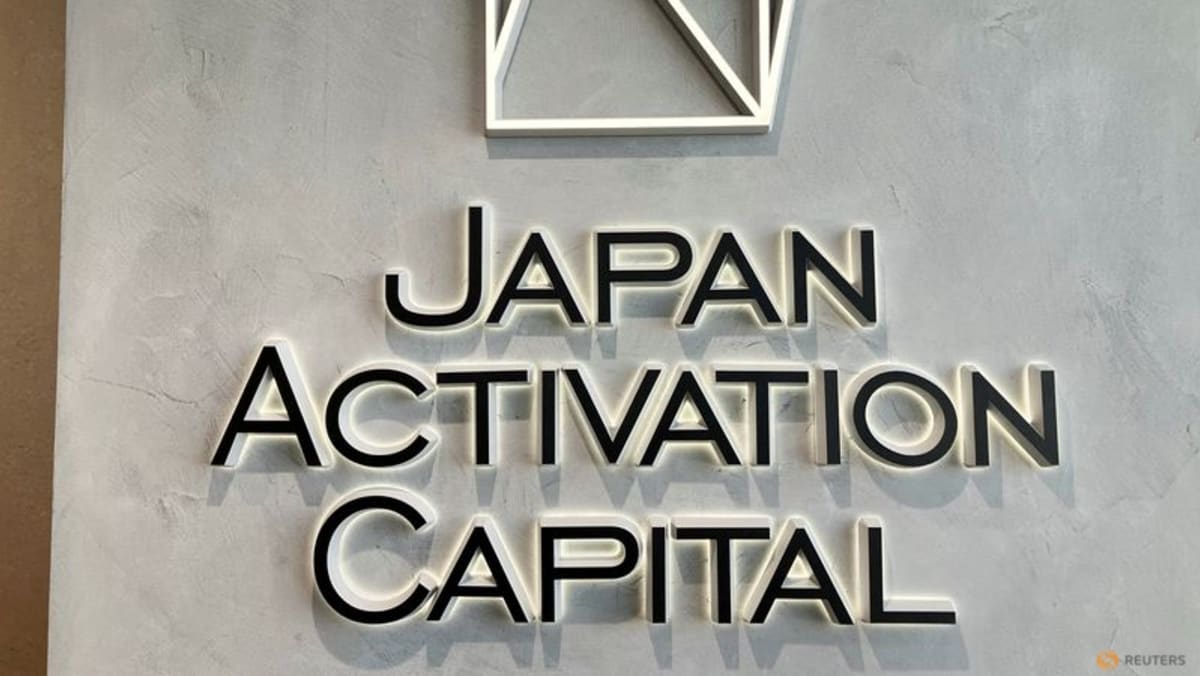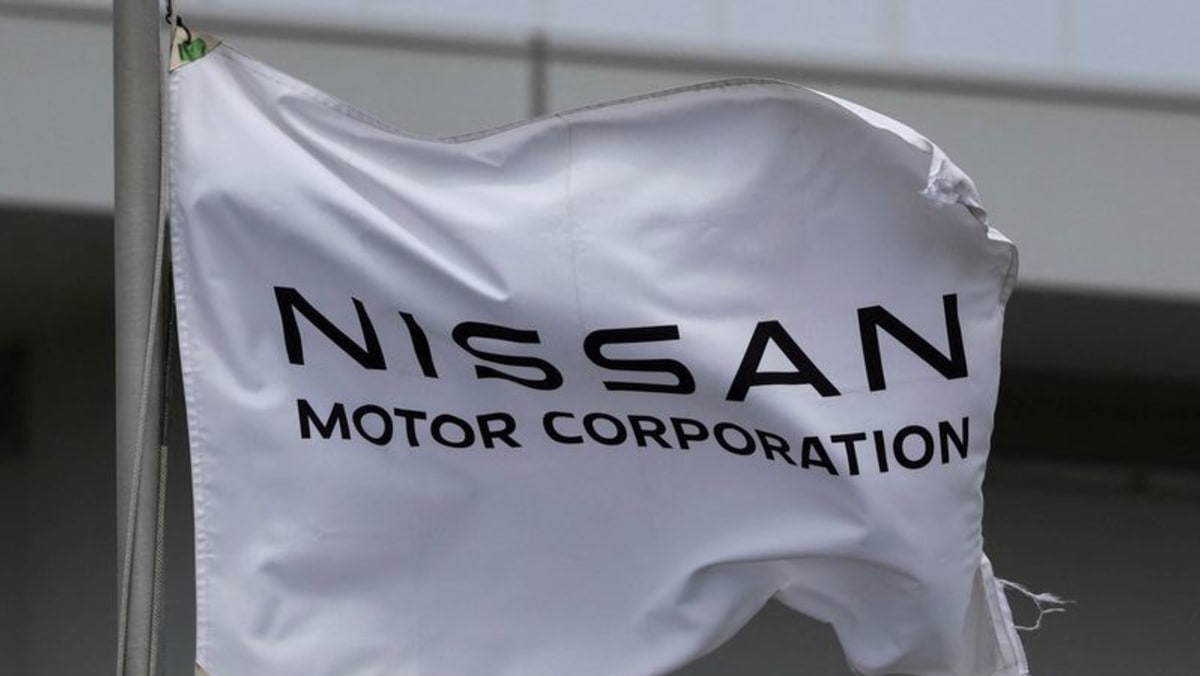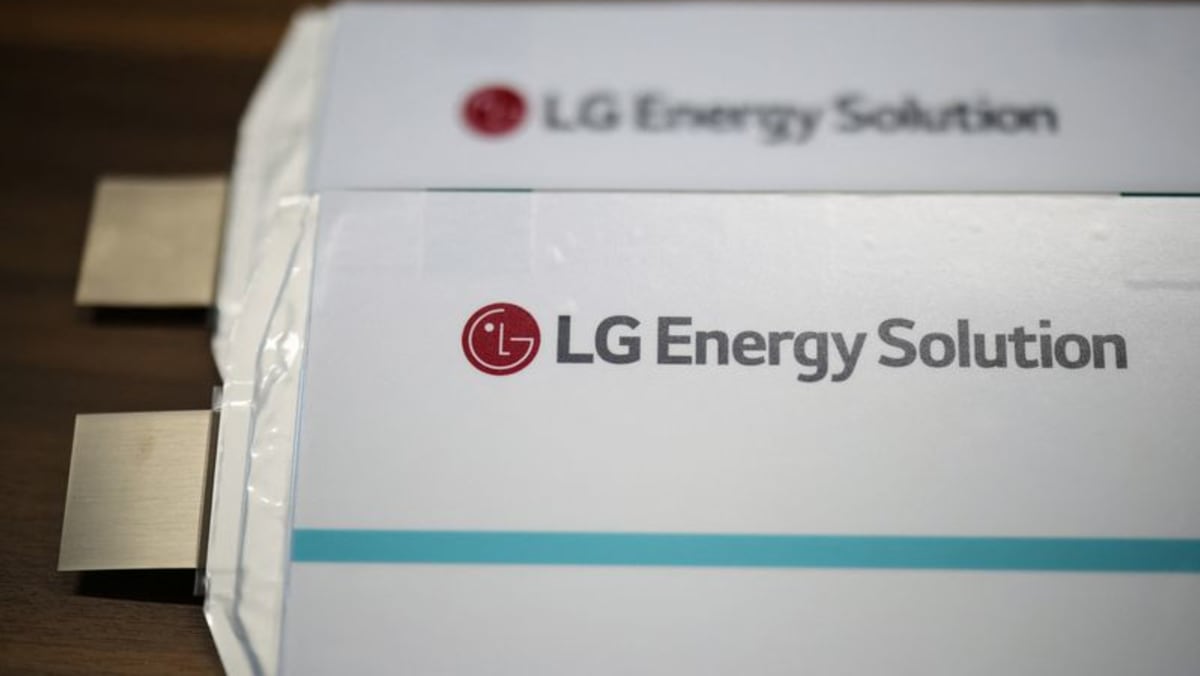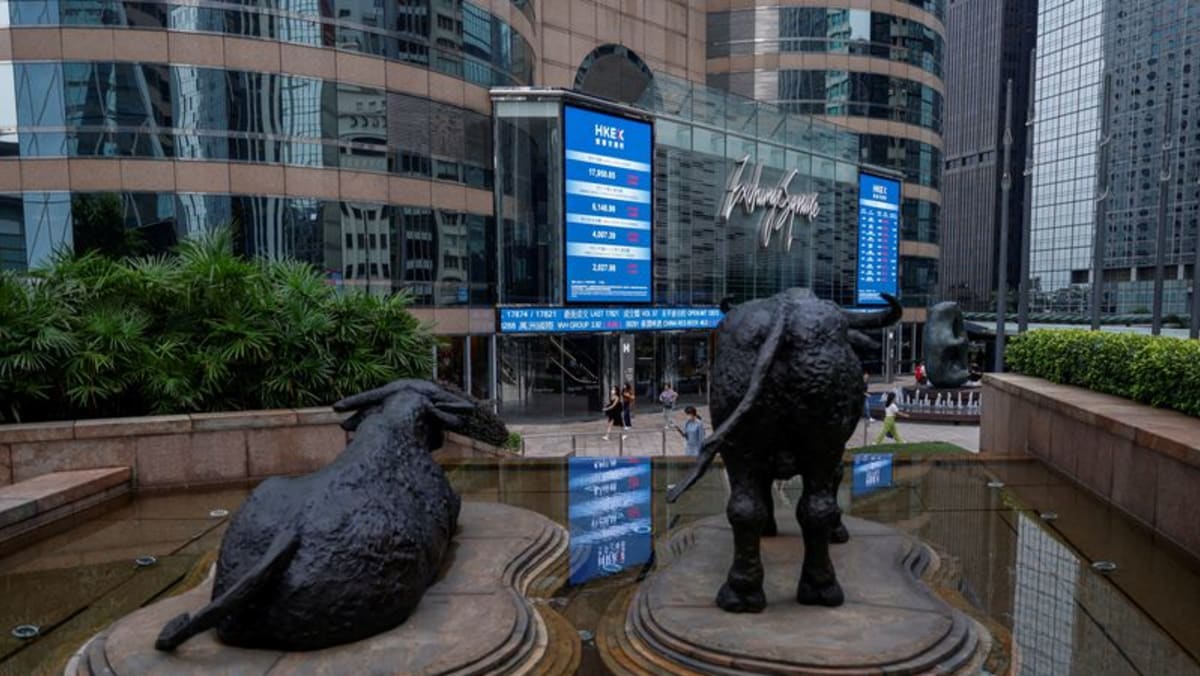Engine Capital said on Friday it would end its activist campaign at Lyft and withdraw its board nominees after the ride-hailing platform raised its stock buyback program to the level proposed by the investor.
It is one of the rare instances of an activist campaign ending within weeks when proxy battles typically run for months.
Lyft’s shares rose about 17 per cent in early trading after the company increased its stock buyback program on Thursday to $750 million from $500 million, and said it intends to use $500 million of the authorization within the next 12 months.
“Following a series of productive conversations, the Board has taken an important first step by committing to significant share repurchases in the coming quarters,” Engine Capital portfolio manager and founder Arnaud Ajdler said.
The parties have, however, not signed a cooperation agreement, an Engine Capital spokesperson said, adding that the activist investor “retains the flexibility to continue to advocate for further changes if it feels they are needed.”
Lyft did not immediately respond to a request for comment.
Last week, Engine Capital had urged Lyft to undertake a $750 million accelerated repurchase program, and consider strategic alternatives, including a sale.
It also nominated two directors to Lyft’s board last month, paving the path for a proxy battle, after saying the company had rebuffed its attempts to engage with its leadership.
The activist investor had argued that Lyft needed more board members with public market experience and criticized the dual-class share structure, which grants founders — who own less than 2.5 per cent of the company — around 30 per cent of voting power.
Lyft’s shares have underperformed larger, more diversified rival Uber and the S&P 500 index in the past five years.
Lyft on Thursday beat first-quarter profit estimates and forecast second-quarter adjusted core profit and gross bookings largely in line with analysts’ expectations.













